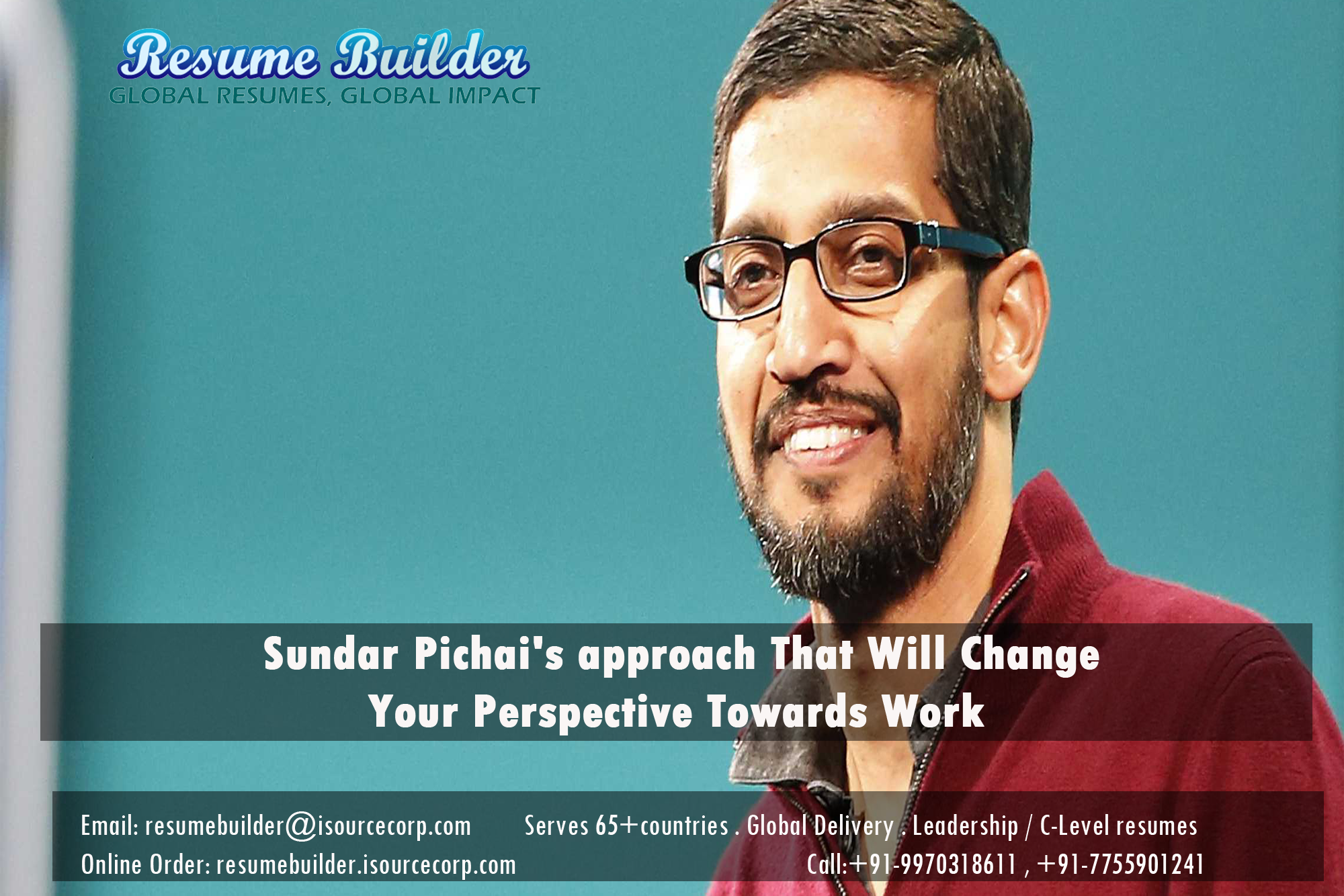CAREER DILEMMA AFTER B.TECH.
Most of us grow up while dealing with all sorts of dilemma that life has to offer. With parents to save your back, school life often introduces us to very basic kind of dilemmas like whose tiffin to eat first, whom to choose our best friend, when to bunk among various others. After the merry school days goes then comes college and most of us automatically ends up doing B.Tech., well then only one can become like some random neighbours successful son. Talented are those who figure their passion after +2 and ends up in their respective dream college.
A great deal of times competitors are compelled to acknowledge a branch in which they are generally not intrigued by any interest. After this, once the classes start, students fail to cope up with the curriculum. What’s more, at last are left with no decision yet to quit! For a lot of students, numbers overwhelm learning. A large portion of the students believe that they have studied enough and thus would be able to manage even if they adopt the last night study method. So basically, In India our engineering colleges have following students:
- The one who don’t comprehend what they need to do in their life, so they joined engineering college in light of the fact that every other person is doing as such.
- The one whose family is fiscally not so solid, but rather in any case they joined engineering college by taking advances from banks or orchestrating from elsewhere.
- Very small percentage of student who actually have their interest in engineering.
The student who lose enthusiasm for studies have a place with the initial two gatherings said above. The person who have no clue what to do by one means or another discover their field of intrigue and offer time to it. The one with family monetary issues goes in sadness and pressure that influences their reviews. Likewise there is a plausibility that these understudies have their enthusiasm for something else yet just to take care of their family issue they will undoubtedly do building.
The life of an engineering student revolves around numbers and comparative deductions. So to nourish your scientific mind, we should experience a few insights around this subject. TOI with help of Randstad dove deep into the CVs of CEOs in India to understand the educational paths taken by them. Figures demonstrate that 45% of the CEOs finished their graduation in Engineering. Out of this 45%, 78% proceeded and sought after post-graduation. Presently, incredibly out of every one of these individuals who went for post-graduation, an astounding 64% decided on a MBA degree. Out of this, 42% procured their MBA degrees from top administration schools like XLRI, IIM, Harvard, Wharton and Stanford.
What if after getting enrolled in engineering stream, you lose interest and not end up like the examples given above?
Don’t look for a job in another field
Nothing is more terrible than jumping before you look. Ensure you’re not getting away to a field that fits you similarly as inadequately as your last. Make sure you do an intensive self-evaluation first.
Don’t look for cool jobs unless they’re a good fit for you
look for cool jobs unless they’re a good fit for you
You wouldn’t attempt to crush into your thin cousin’s suit, so why attempt a field since it works for him? Individuals who are attempting to help you will go along and do what might as well be called whispering “plastics” in your ear. Rather than seizing their proposals, set aside opportunity to consider your choices. Choose what you truly need to do. When you enter a field since it’s hot, burnout isn’t a long ways behind.
Don’t Go into a Field Because Your Friend Is Doing Well in It
Research and get thorough information about the fields you’re thinking about by networking. Having enlightening meetings with graduated class from your school, partners, companions or family is a fun approach to get the scoop on various fields.
Don’t stick to possibilities
Extend your impression of what may work for you. Perused work profiles, and investigate vocation fields you find out about from self-evaluation works out.
Don’t let money be the deciding factor
There’s insufficient cash on the planet to make you glad if your occupation sometimes falls short for you. Working environment disappointment and stress is the No. 1 medical issue for working grown-ups. This is especially valid for career changers, who frequently gain less until they get their ocean legs in an alternate field.
Don’t keep your dissatisfaction to yourself or try to make the switch alone
This is an ideal opportunity to converse with individuals (likely not your supervisor at this time). Companions, family and associates need to realize what’s happening so they can help you take advantage of that extensive rate of occupations that aren’t publicized.
Don’t go back to school unless you’ve gained some experience
You’re never old for a temporary job, a volunteer understanding or attempting your hand at an agreement task in another field. There are heaps of approaches to get encounter that won’t cost you anything with the exception of your time. Another degree could possibly make the world sit up and pay heed. Be certain where you need to go before you put yourself through the torment and obligation of another degree program.
Choose placement agencies wisely
Do some exploration to make sure to locate a decent match. Ask the individuals who work in the field you’re attempting to get into or other fruitful profession changers for proposals. Attempt to locate a firm that knows how to be inventive when putting profession changers – not one that exclusively concentrates on moving individuals up the stepping stool in a similar field.
 Don’t rely on a career counselor
Don’t rely on a career counselor
Career counselors are facilitators, and they’ll take after your lead. They can help uncover your since quite a while ago covered dreams and gifts, yet you’ll need to do the exploration and the basic leadership without anyone else. Any individual who guarantees to guide you is risky.
Don’t expect to switch overnight
An intensive profession change for the most part will take at least six months to pull off, and the time much of the time extends to a year or more. Changing fields is a standout amongest the most fortifying things you can do. It resembles encountering youth once more, aside from with the insight of whatever age you are currently.
Post Author:
Amrita Kolay




 elative stagnation
elative stagnation s and responsibilities that fail to stimulate
s and responsibilities that fail to stimulate smatched skills vs responsibilities
smatched skills vs responsibilities
 5. When employers don’t make good on their promises
5. When employers don’t make good on their promises
 7. Your work environment
7. Your work environment 8. Personal priorities
8. Personal priorities isition/merger/sale of your current organisation
isition/merger/sale of your current organisation


